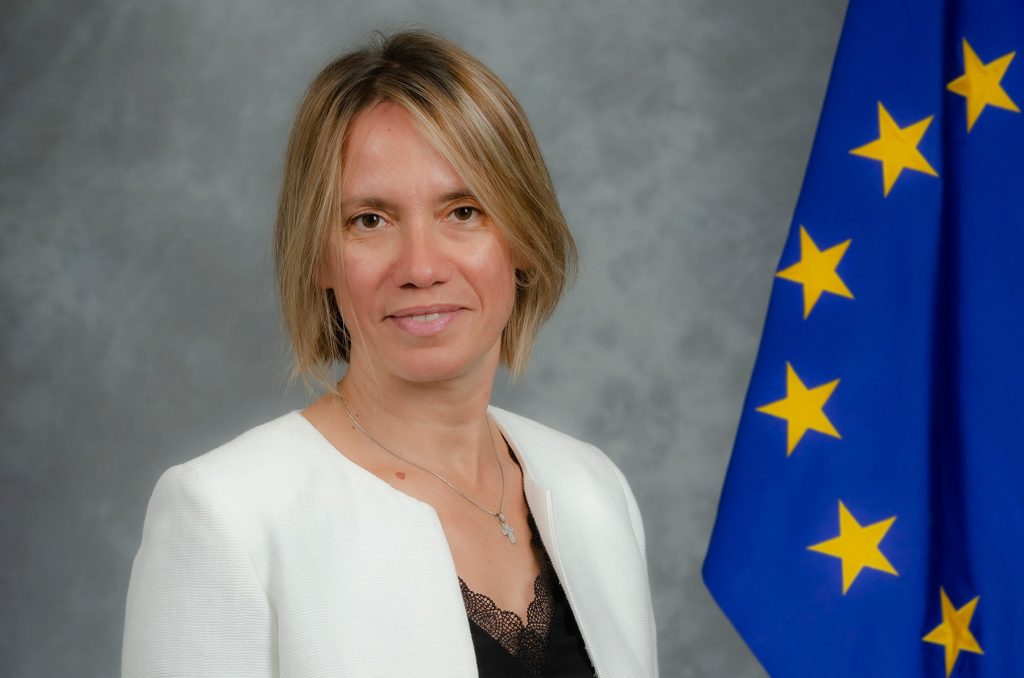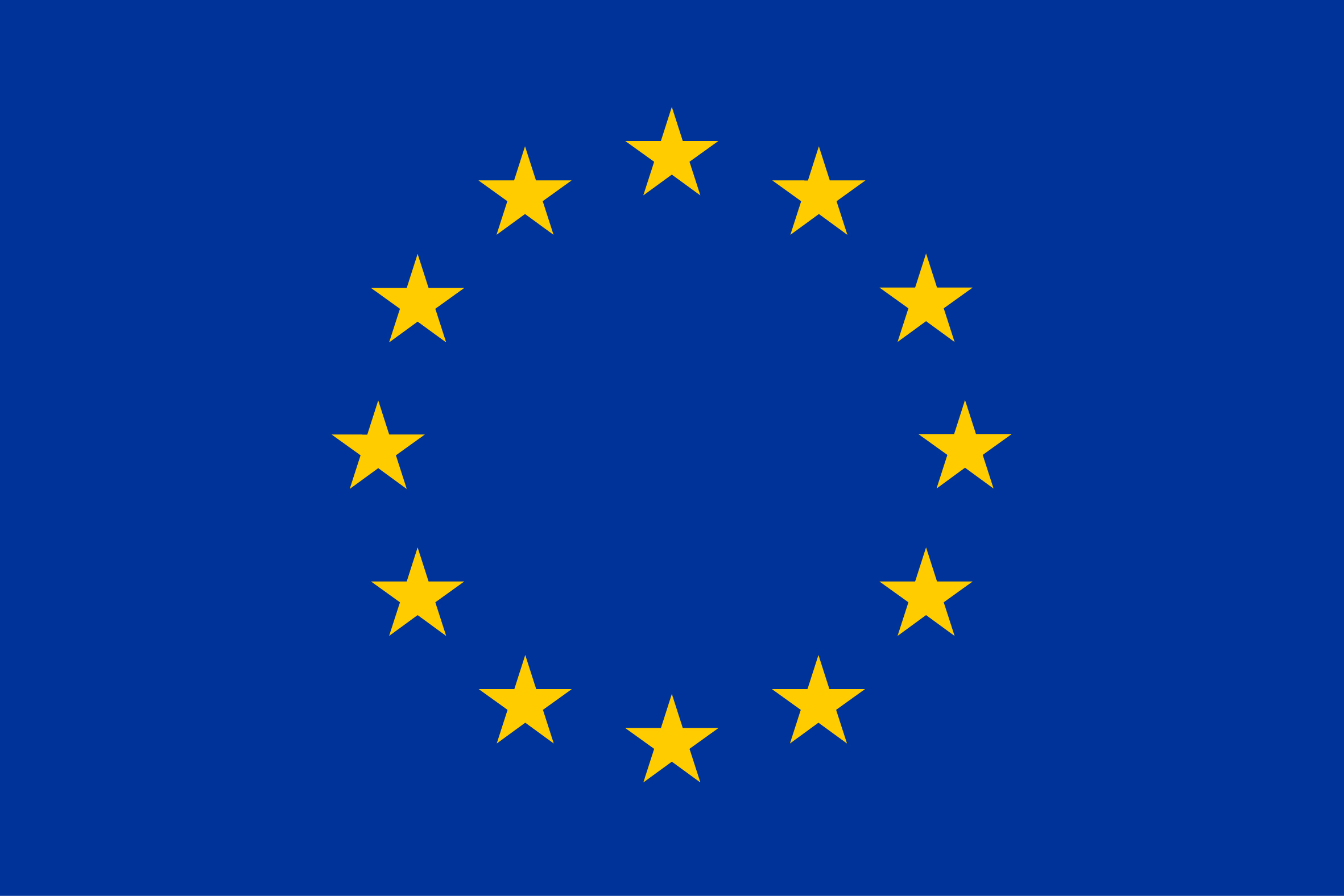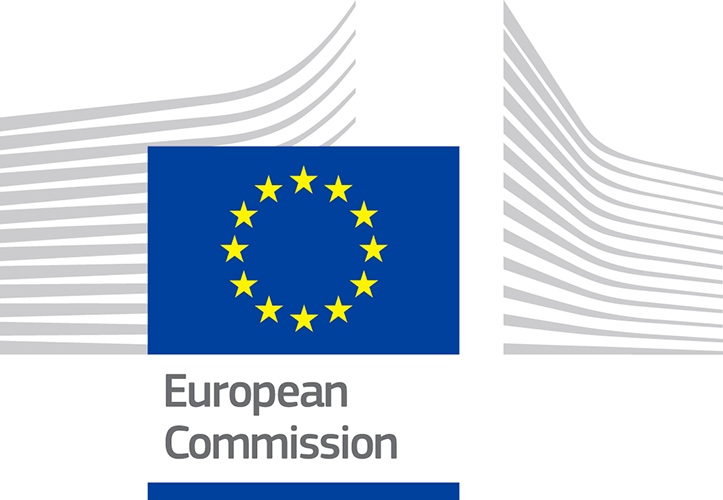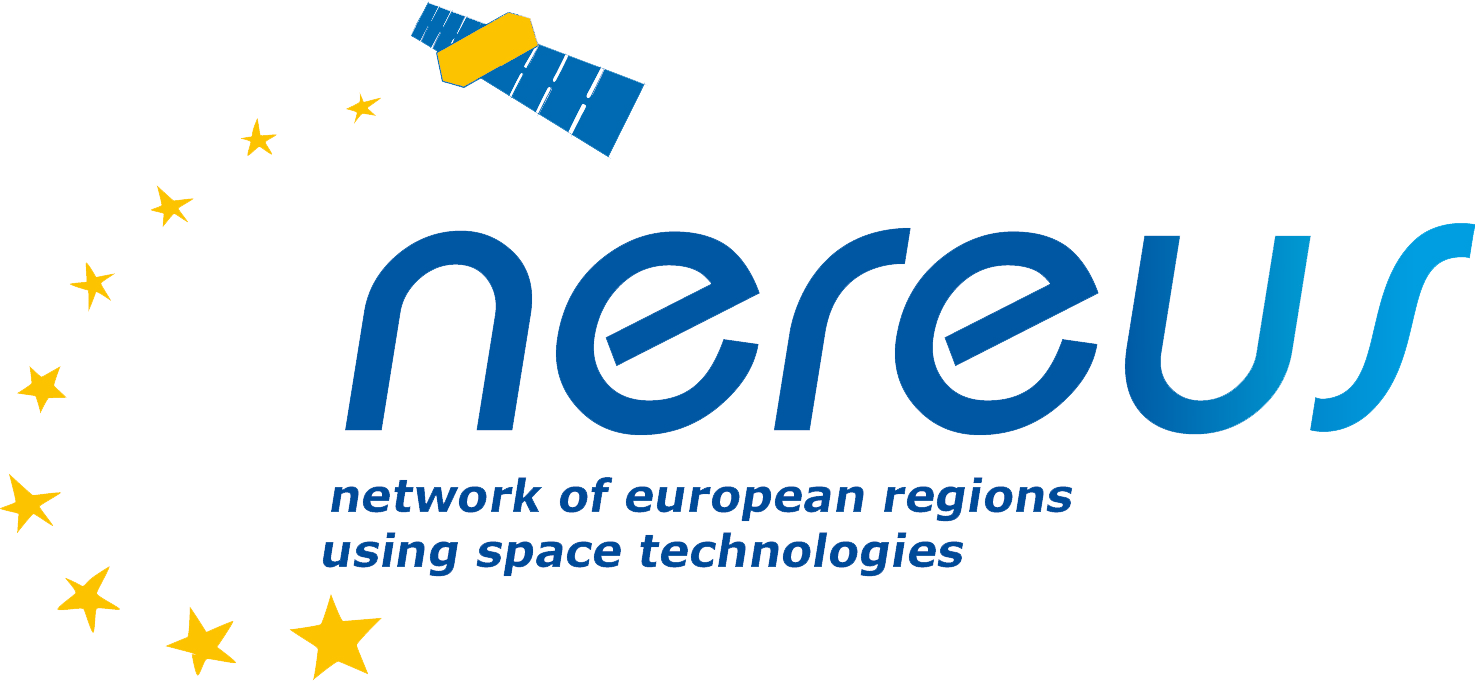

Evi Papantoniou, acting director for space DG DEFIS
Interview
The European Commission is committed to an innovative, competitive and sustainable EU economy. Europe’s 2050 climate neutrality objective has become a decisive part of the EU’s growth strategy. In this context, the Alliance for Zero Emission Aviation has been introduced earlier this year.
The European Commission’s ambitious political programme to deliver on sustainability goes even further than climate neutrality; The SDGs from the United Nation’s 2030 Agenda continue to provide the umbrella for EU policies and the investment of EU funds. Space programmes in particular, such as Earth observation (Copernicus) and localisation (Galileo/EGNOS), play a key role in achieving the SDGs.
Although the synergetic use of these technologies has the highest impact on the SDGs linked to agriculture and transport industries, the Space programmes also help in urban development and planning sustainable smart cities. These programmes are already enabling many applications that support the reduction of poverty, famine and pollution, while optimizing the mobility of citizens. They are constantly evolving to face emerging challenges. For example, the Copernicus Marine Environment Monitoring Service will develop a knowledge hub dedicated to Arctic changes. The European Commission also supports new space-entrepreneurship through the CASSINI initiative, which facilitates the emergence of new companies in Europe. In light of the green transition and the Covid crisis, it is essential that the next generation of scientists in Europe have the right skills. The Pact for Skills incentivises stakeholders from the aerospace and defence ecosystem to take actions for the upskilling and reskilling of workers.We encourage all visitors to dive into the wealth of data that our Space programmes are providing and to be inspired. It is marvelous to see the work and applications presented by the “actors of change” for the SDGs and how they make use of our programmes’ free and fully open data.





